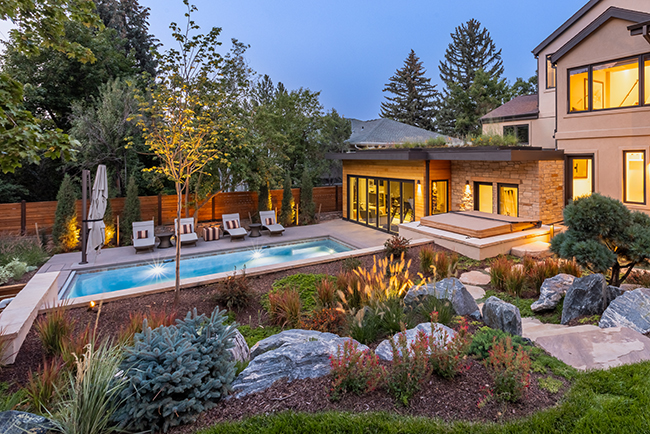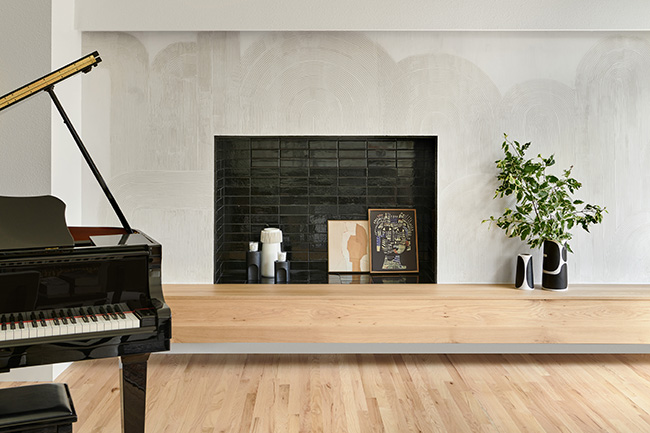Heat pumps bring comfort in both hot and cold weather
13 Sep 2022
A heat pump is a more climate-friendly way to heat and cool your home and can also improve indoor air quality.
By Holly Bowers
Heat pumps have been in the news recently, and for good reason—they’re the most energy-efficient way to heat and cool your home. In addition to bringing big energy savings, they’re better for the planet than traditional gas heat.
But what are heat pumps, and how do they work?
Heat pumps heat and cool as needed, so they can replace both traditional air conditioners and home heating systems. Because they run on electricity rather than fossil fuels such as oil or natural gas, they’re the most environmentally friendly mechanical heating and cooling system available.
Air-source heat pumps, far and away the most common type in the United States, use electricity to move heat around, similar to a refrigerator. Moving heat rather than creating it is the key to their energy efficiency. In the summer, heat pumps move warm air from inside your house to the outdoors, allowing cool air in. In the winter, they do exactly the opposite; they move heat from outside into the room (yes, there’s still heat energy in the air, even when it’s cold out).

Heat pumps are two to four times more efficient than other heat sources, which means big energy savings. Carbon Switch, a Boulder-based company providing research, guides and reviews on home sustainability, found that the average Coloradan can save $182 per year by switching to a heat pump. Over a heat pump’s lifetime, it can save homeowners $10,000 in heating and cooling costs.
DR Richardson, co-founder of Boulder startup Elephant Energy, installed a three-ton MRCOOL heat pump in his home in December 2021. “It’s been working phenomenally,” he says. Though his electricity bill went up, his gas bill dropped significantly. In six months, he’s saved about $100 on his total utility costs.
Elephant Energy helps homeowners navigate the transition to heat pumps. Richardson advises making a plan well before you think you’ll need to replace your furnace. When you’re ready to make the switch to a heat pump, find a contractor who knows what they’re doing. They can advise you on the options available to you and what type of heat pump will work best for your home.
Pros and Cons of Heat Pumps
Pros
- 200-400 percent energy efficiency
- Significant savings on heating/cooling costs
- Much more even and consistent heating and cooling thanks to variable-speed compressors, resulting in better comfort
- Improved indoor air quality over oil and gas heat
- Lower home carbon footprint, especially when paired with renewable energy
- Boulder County residents can take advantage of rebates from Energy Smart, Boulder’s Climate Action Plan tax, Xcel Energy and the State of Colorado
Cons
- Higher upfront cost—$17,826 versus $10,000 for traditional heat and AC in a 2,500-square-foot home, according to Carbon Switch
- Potential difficulty finding contractors with expertise and experience in heat pump sizing and installation
- Possible need to update your existing electrical panel to handle the higher electricity load
- Reduced efficiency in extreme cold, although you can keep your existing heat as a backup option in a hybrid model












